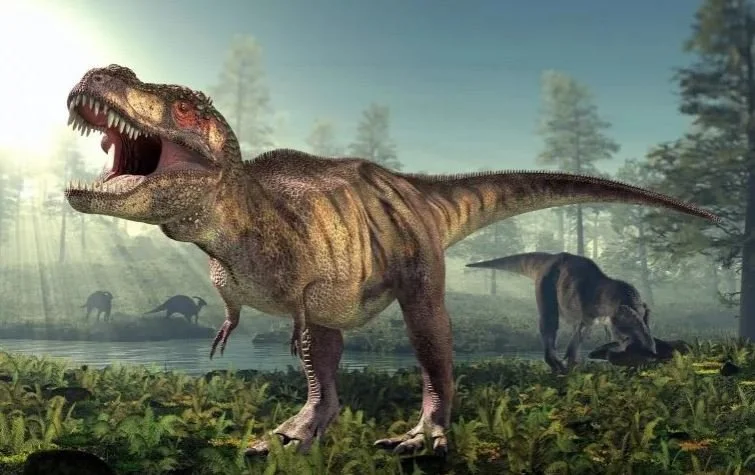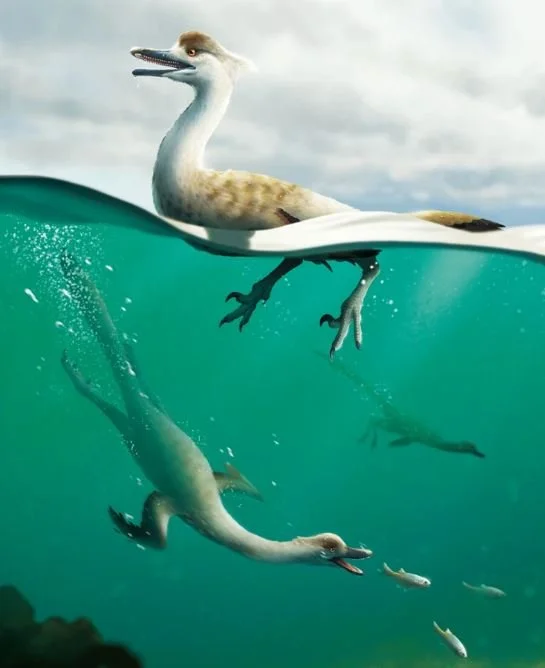Was T. Rex a Problem-Solving Overlord?
Another year, another headline along the lines of “The T. Rex may have been a lot smarter than you thought.” That one appears in the Washington Post this week, for an article written by the aptly named Dino Grandoni.
Grandoni cites new research published in the Journal of Comparative Neurology that “suggests the dinosaur’s cerebrum contained enough neurons to solve problems and even form cultures.” Lead author Suzana Herculano-Houzel refers to these big-brained predators as the “primates of their time,” boasting a level of brain cells similar to that found in baboons.
The findings are fascinating, if not exactly new. It’s been nearly five years since paleontologist Steve Brusatte wrote The Rise and Fall of the Dinosaurs: A New History of a Lost World, which noted that the T. rex was a social beast, possibly as smart as our close genetic cousin, the chimpanzee.
A couple years before Brusatte’s book, paleontologists had determined that T. rex had evolved its bigger brain before it evolved into its tremendous body size, as if intelligence had been prioritized over braun. The uncanny intelligence of the T. rex (and its fellow predator the velociraptor) are repeatedly highlighted in the Jurassic Park franchise.
The latest research did its dino neuron count by extrapolating from large contemporary birds, emus and ostriches, which descended from the same genetic stock as dinosaurs. Herculano-Houzel estimates that the T. rex cerebrum contained as many as 3 billion neurons. If the big guy’s cognition was anything like a baboon’s, it may have been capable of using tools and even passing down knowledge through generations, according to Herculano-Houzel.
Who can say how these monster reptiles would have evolved if an asteroid hadn’t taken them out 66 million years ago? But if they had been spared that fiery fate, humans might never have evolved in the first place to even contemplate their brainy overlords.
Photo credit: SciTechDaily







